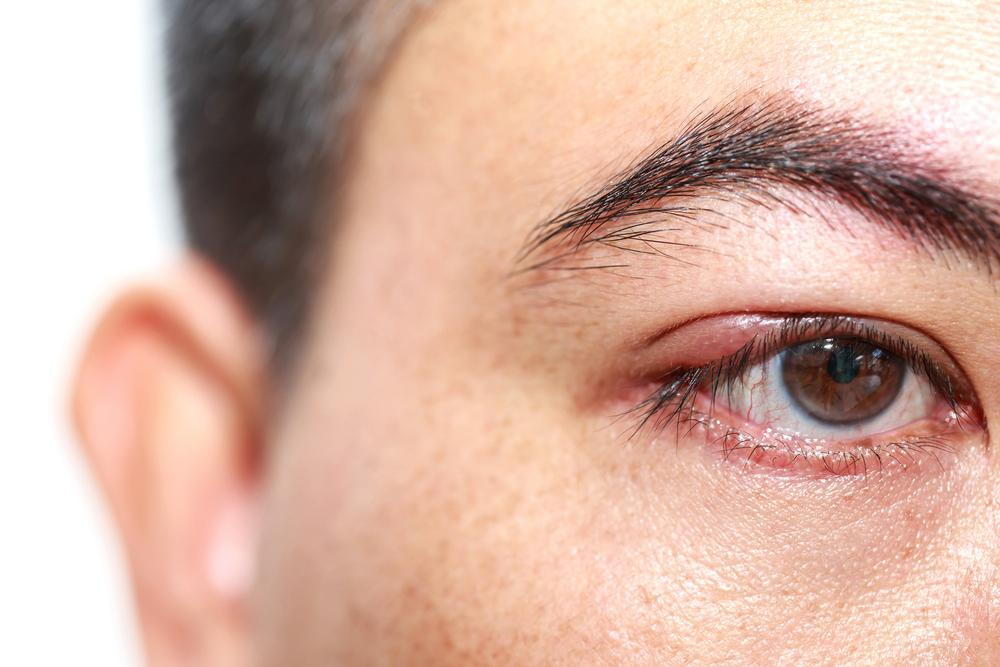
When people think about autoimmune diseases, they usually picture swollen joints, fatigue, or skin rashes — not eye irritation or vision changes.
But your eyes are highly sensitive to inflammation, and autoimmune activity can quietly cause long-term damage if left unchecked.
At Evolutionary Eye Care, we regularly see patients with autoimmune conditions who experience subtle but serious changes in their eyes.
Here’s what you need to know — and why routine eye care is crucial for those managing autoimmune disorders.
What Are Autoimmune Eye Conditions?
Autoimmune diseases occur when the immune system mistakenly attacks the body’s own tissues.
When this overactive immune response targets the eyes or related structures, it can lead to chronic inflammation, dryness, or even damage to the optic nerve and retina.
Some autoimmune diseases directly involve the eyes, while others affect them indirectly through systemic inflammation or medication side effects.
Common Autoimmune Conditions That Affect the Eyes
1. Rheumatoid Arthritis (RA)
RA commonly causes dry eyes and scleritis, an inflammation of the white part of the eye that can lead to pain, redness, and light sensitivity.
2. Lupus (Systemic Lupus Erythematosus)
Lupus can trigger inflammation in the retina, causing blurred or distorted vision. It may also make the eyes more sensitive to sunlight.
3. Sjögren’s Syndrome
This condition primarily affects moisture-producing glands, leading to severe dry eye and mouth dryness. It’s one of the most common autoimmune causes of ocular discomfort.
4. Thyroid Eye Disease (Graves’ Disease)
An autoimmune thyroid disorder that causes eye bulging (proptosis), swelling, and double vision due to inflammation behind the eyes.
5. Multiple Sclerosis (MS)
MS can lead to optic neuritis, where inflammation damages the optic nerve — resulting in pain and sudden vision loss, often in one eye.
How Autoimmune Inflammation Affects the Eyes
When immune cells attack ocular tissues, it can disrupt:
Tear production, leading to dryness and irritation
Blood flow to the retina or optic nerve, reducing vision quality
Eye muscle function, causing misalignment or double vision
Corneal surface health, making the eyes more prone to infection
Over time, chronic inflammation can leave lasting effects — which is why early detection through comprehensive eye exams is essential.
The Role of Medications
Ironically, some drugs used to treat autoimmune conditions (like steroids or biologics) can also impact the eyes.
Steroids, for instance, may increase the risk of glaucoma or cataracts with long-term use.
At Evolutionary Eye Care, we coordinate with your rheumatologist or endocrinologist to monitor medication effects and protect your vision while supporting your systemic treatment plan.
Warning Signs to Watch For
If you have an autoimmune condition, contact your eye doctor immediately if you notice:
⚠️ Persistent dryness or grittiness
⚠️ Eye pain or redness
⚠️ Double vision or sudden blurriness
⚠️ Light sensitivity
⚠️ Swelling around the eyes
⚠️ Loss of vision in one or both eyes
Even mild symptoms can be the first sign of inflammation that needs medical attention.
How Evolutionary Eye Care Helps Protect Autoimmune Eyes
Our team offers advanced diagnostic imaging to detect subtle inflammatory changes early — including:
Tear film analysis for dryness
Optical coherence tomography (OCT) to assess nerve and retinal health
Inflammation tracking through corneal mapping and ocular surface testing
We build personalized treatment plans with lubricants, anti-inflammatory therapies, or referrals for systemic coordination — ensuring whole-body health is reflected in your vision care.
Living Well with Autoimmune Conditions
You can help protect your eyes with these habits:
✅ Stay hydrated and use preservative-free artificial tears daily.
✅ Follow your systemic treatment plan carefully.
✅ Wear sunglasses outdoors to reduce inflammation triggers.
✅ Eat omega-3–rich foods to support tear quality.
✅ Schedule routine eye exams, even if your vision feels normal.
Book Your Autoimmune Eye Health Evaluation Today
Your eyes are one of the first places systemic inflammation can show up — don’t wait for symptoms to progress.
At Evolutionary Eye Care, we specialize in identifying and managing autoimmune-related eye conditions with a proactive, holistic approach.









